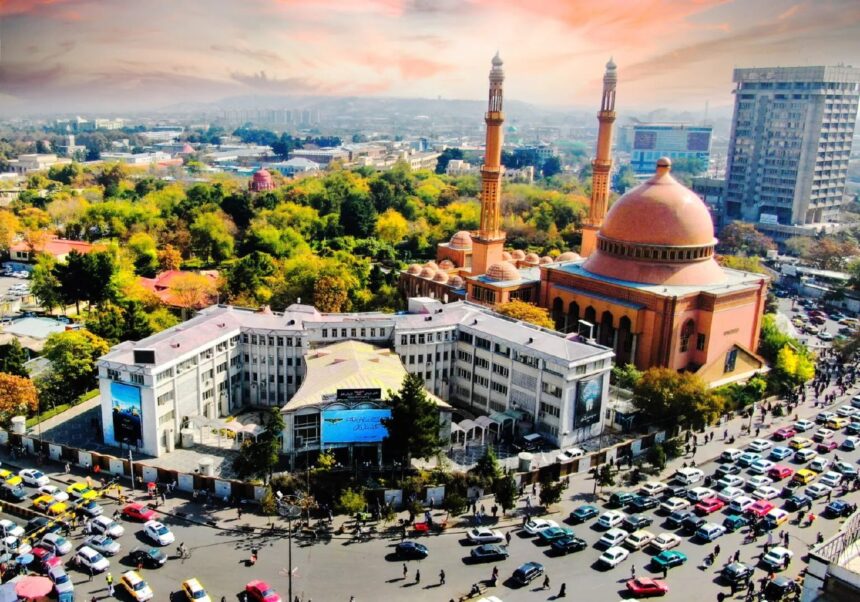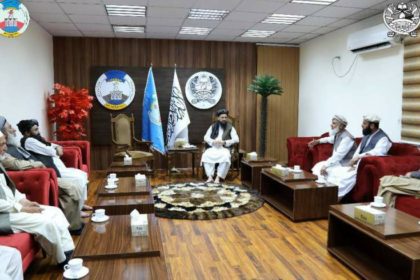RASC News Agency: The three days of Eid al-Fitr this year were marked by fear and anxiety for the residents of Kabul, rather than joy and celebration. The Taliban’s widespread deployment of armed forces throughout the city turned Kabul into a military encampment, enveloping the capital in an atmosphere of terror. The presence of military personnel on roads, in public squares, residential areas, and commercial zones not only restricted the movement of citizens but also left many families too afraid to leave their homes. Traditionally, Eid al-Fitr in Kabul has been a time for family gatherings, festive meals, recreation, and social visits. However, this year, the sacred occasion passed in eerie silence and dread. Many Kabul residents refrained from venturing out, fearing possible confrontations with Taliban forces. Those who dared to step outside were met with the sight of Taliban gunmen stationed at key locations, evoking a stifling and repressive atmosphere.
Over the course of these three days, RASC reporters spoke with several Kabul residents to capture their thoughts and experiences during this tense period.
Ali Reza, a resident of the Dasht-e-Barchi area, shared with RASC:
“This Eid was more sorrowful and terrifying than ever before. Every year, we would visit relatives and friends to exchange Eid greetings, but this year, we didn’t even dare step outside. Taliban fighters were stationed with heavy weapons at every corner of the city, and their stares filled us with dread.”
Samira, a former student at Kabul University, reflected on her experience:
“Kabul is no longer the vibrant and lively city it once was. Eid al-Fitr was always a time of joy and vitality, but this year it was filled with nothing but anxiety. From my window, I could see the streets nearly deserted, and those who dared to venture out moved with caution and fear.”
Rahmatullah, a taxi driver in Kabul, described the situation:
“Our business was completely paralyzed. Normally, during Eid, there’s a surge of traffic, but this year, there were hardly any passengers. The Taliban checkpoints throughout the city drastically reduced the number of travelers. Everywhere I went, there was an armed group staring at anyone passing by, giving them an intimidating look.”
The military state of Kabul during these three days not only curtailed the freedoms of its citizens but also left a profound psychological mark. Many people are deeply concerned that their once-normal lives and cultural traditions are gradually disappearing. For many, the memories of previous Eids filled with joy and freedom have been replaced with a sense of anxiety and silence. Moreover, concerns regarding privacy violations have grown stronger. Recently, the Taliban announced the installation of 90,000 surveillance cameras across the city, capable of monitoring and listening in from miles away. This initiative has sparked widespread fears, as the public views it as an overt infringement on their privacy and an attempt to exert control over their everyday lives.
Many residents of Kabul now feel as though they are under constant surveillance, not just on the streets but even within the confines of their own homes. This situation has directly impacted their sense of personal and collective security. This year’s Eid al-Fitr in Kabul, instead of being a joyous occasion, was marred by the heavy presence of Taliban forces, military checkpoints, and an atmosphere of oppression. The militarization of the city, combined with the installation of thousands of surveillance cameras, has raised serious concerns about privacy and fundamental human rights. These developments pose pressing questions about the future of social life and individual freedoms in Kabul under Taliban rule questions that remain clouded in uncertainty under the current regime.






